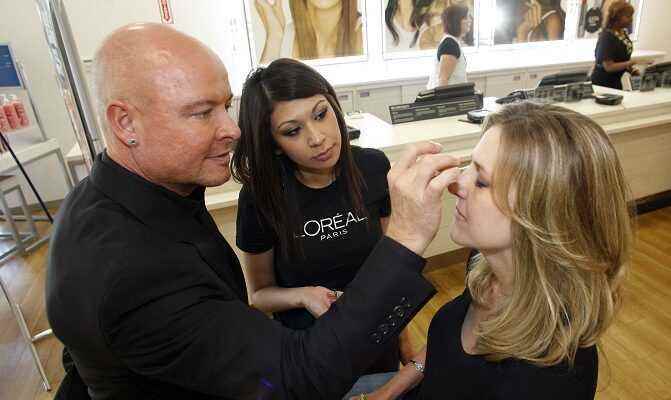A Brent that is back above 120 dollars a barrel is good business for Global Bioenergies, which knows how to produce bio-based fuels from sugar-fed bacteria. The more expensive the crude, the more the chemist’s revolutionary technology, which requires large R&D resources, appears relatively cheap. The start-up is still at a stage where its costs exceed its revenues. The development of a green gasoline, as efficient as that derived from fossil fuels, requires time and investment.
On the stock market, Global Bioenergies has not benefited much from the surge of more than 50% in oil prices since the start of the year, its own shares are stable; at least, that said, they are not falling, unlike the rest of the market. Investors are on the lookout for orders that would validate the technology. And it is precisely this recognition that pushed Global Bioenergies’ share price up 19% on Tuesday.
The company announced this morning “that several major cosmetics players, including L’Oréal, have placed their first orders for a total of several tons of Isonaturane 12.” Because, yes, Global Bioenergies’ technology also finds outlets in the beauty industry.
What the chemist makes from vegetable sugar (cane sugar, beets, agricultural waste) is, more exactly, isobutene, usually obtained by cracking petroleum. This, once it is converted into isododecane, is used in make-up, whether for long-lasting foundations and waterproof mascaras. Isonaturane 12 is just the trade name of its 100% French bio-sourced isododecane.
95% biosourced ingredients by 2030
Global Bioenergies, which commissioned its commercial production unit in Pomacle two months ago, has already explained that the cosmetics industry uses isododecane “for its emollient properties and its technical characteristics, in particular its excellent capacity to dissolve the ingredients of a given formulation and its volatility, which presents an optimal ratio between application and drying times. » The long-wear make-up market represents approximately one billion units sold per year, or a quarter of the global make-up market. In these products, isododecane can represent up to 50% of the volume of the ingredients.
For L’Oréal, the largest shareholder in Global Bioenergies via its Bold investment fund (Business Opportunities for L’Oréal Development) with just over 13% of the capital, these first orders will help support the group’s efforts in terms of naturalness. of her makeup products. “Our investment in Global Bioenergies is at the heart of our commitment to reach 95% bio-sourced ingredients, derived from abundant minerals or from circular processes in our formulas by 2030”, explains Ana Kljuic, Vice-President R&I at L’Oréal. The cosmetics giant has been a partner of Global Bioenergies since 2016, it entered the capital in 2019.
Cleantech has also created its own make-up brand, called “Last”, sold on a dedicated website launched last summer. It is from this activity that the sales recorded in 2021 came.
